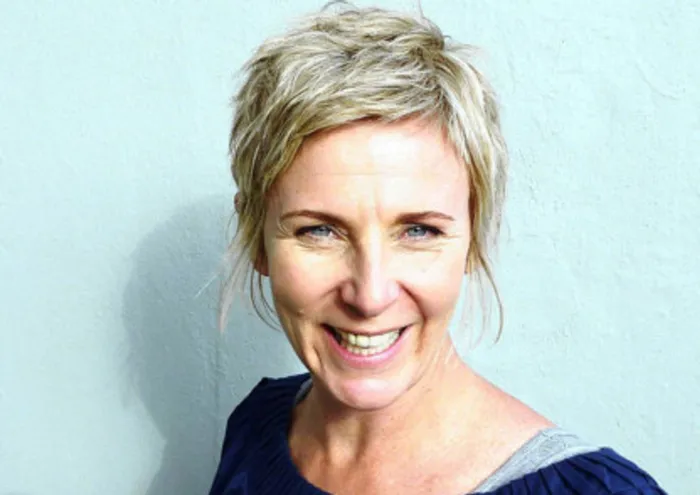Why I’m a wet blanket about sun in winter

The new birdbath has been crowded with doves. They mostly come in the afternoon, cautiously perching on the metal rim, one eye on the cat.
My welly boots lie abandoned in the study. They are clean, mud-free. On the washing line, stiff T-shirts and shorts bake in the sun. The jasmine on the veranda is turning brown. Next door, the neighbour is cutting his grass.
It’s just too darn hot.
In the park, we coo about the weather: it’s awesome. So much easier. Like summer.
Guiltily, we add: Ja, but we need rain. Then we coo some more, because we don’t need the rain. Those who need it are out there wearing khaki shirts and walking through parched fields.
When I moved to Cape Town from Durban in 2006, the seasons threw me.
Unlike Durban, where flip-flops are year-round footwear and rain is a warm, electrifying respite, Cape Town’s weather was violent and assaulting. Summers were dry and scalding and winters were icy and pounding.
But over the years, I grew to relish the seasons – particularly winter.
I learnt to knot scarves and wear socks, and to value the merits of a sturdy umbrella. We bought blankets and hot water bottles and hibernated like bears. All the while, the rain came down. And down. And down.
If seasons had PR agents, summer wouldn’t have to bother. With its tans, pina coladas, holiday villas and steamy affairs, summer is the celebrity of seasons. It sells itself. It wiggles in stilettos and poses next to yachts. When it walks into rooms, it turns heads. It has a positive outlook and a sunny disposition. It is sexy and desirable, sunny and youthful.
Winter, on the other hand, would have to engage the services of someone like Max Clifford.
Like haemorrhoid cream, udder grease and De Aar, winter is a hard sell. Glossy brochures wouldn’t cut it: “Winter: It’s cold. It’s wet. It’s dark. It makes you fat.”
Even TV adverts featuring 100 Ben Kingsleys on a beach would fail: “Winter – moody, um, brooding, um, really, really, um, moist.” And Ben’s 100 bald heads would steam from the cold.
Unlike summer, winter can’t sell itself. It has to rely on us to do that.
This year’s rainfall figures are scary. Cape Town received a mere 20mm of rain last month compared with the average figure of 140mm.
If we don’t receive good rains soon, the dams might dry up and water restrictions will be enforced. If farmers don’t get rain soon, crops and livestock will suffer, and this will translate to less food, higher prices, fewer exports and, ultimately, unemployment.
Yes, the sun feels more pleasant than the cold. Yes, last week I went to the beach and my nose got burnt. Yes, the sheets dry easier in “good” weather.
But we need to change our attitude about what is good and what is bad. We need to realise we are connected to the seasons. We depend on them for our survival.
Perhaps those rain-makers wearing seaweed skirts and waving sticks around are right. Maybe if we welcomed the rain and showered it with compliments – “You look good in that swirl of leaves and stuff”; “You’re so nice and runny”; “I hate it when you leave” – it would visit more frequently. Perhaps if we embraced it with the vigour we reserve for summer, it would feel more wanted.
Maybe the South African Weather Service knows this too. The state-run body is advertising for nominations for new board members.
Candidates must “be fit and proper to hold office” and, among other things, must have experience in “the application of meteorology in weather-sensitive industries”. Perhaps the current members aren’t sensitive enough. During the interviews, maybe the candidates will be grilled on other skills: the ability to coax rain from clouds, present a cold front and look alluring in a seaweed skirt.
In the meantime, I’m going to do all I can to be a rain-maker. Even when it’s 25 degrees outside and the white-eyes are twittering hotly in the trees, I will wear three jerseys, a trench coat, galoshes and a plastic bag on my head.
Like a one-person alien welcoming party, I will sit in cafés and on hilltops and gaze longingly at the sky, willing it to crack open. I will resist the sun’s sultry advances and will sweat through its golden promises. I will tell it to stop being so light and shallow.
Now, more than ever, we need deep, weighty weather.